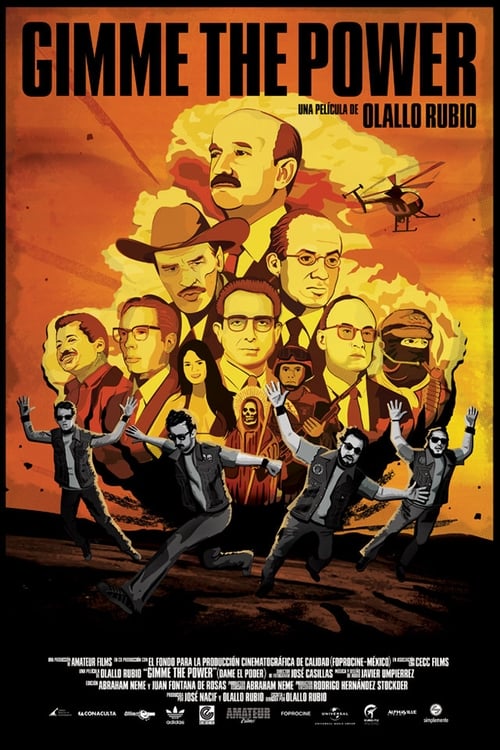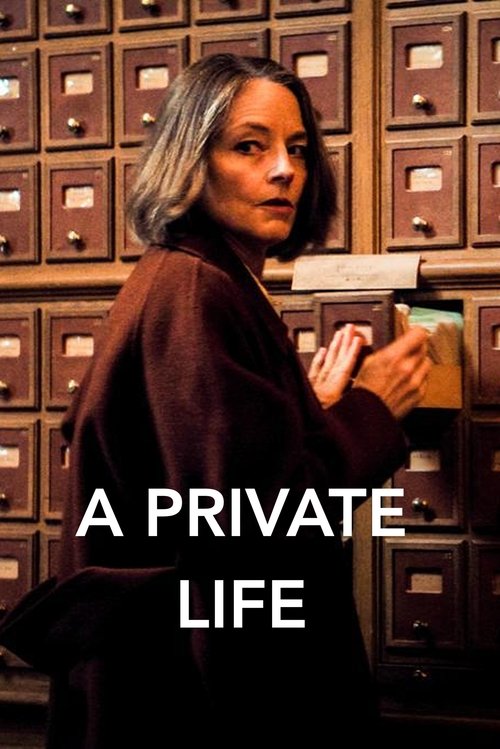
Ask Your Own Question
What is the plot?
What is the ending?
In the ending of "What Did You Tell God?", the main character, a man named David, confronts his past and the choices he has made. He seeks redemption and understanding, ultimately finding peace with his decisions. The film concludes with a sense of closure as David reconciles with his faith and the people around him.
As the final scenes unfold, David stands alone in a quiet, dimly lit room, reflecting on the weight of his past. The camera captures the flickering light from a nearby candle, casting shadows that dance across the walls, symbolizing the turmoil within him. He closes his eyes, and we see flashes of memories--moments of joy, pain, and regret--each one a testament to the life he has lived.
In a pivotal moment, David kneels in prayer, his hands clasped tightly together, as he speaks softly to God. His voice trembles with emotion, revealing his vulnerability and longing for forgiveness. The audience can feel the intensity of his internal struggle as he grapples with the consequences of his actions. The scene is poignant, filled with the weight of unspoken words and the hope for redemption.
As he rises from his prayer, David's expression shifts from despair to a newfound determination. He steps outside into the light, where he is greeted by the warm embrace of family and friends who have been waiting for him. Their faces reflect a mixture of relief and love, signifying the support he has in his journey toward healing.
In the final moments, David shares a heartfelt conversation with his estranged father, who has been a source of conflict throughout the film. They stand face to face, the tension palpable, but as they speak, the barriers between them begin to dissolve. David's father expresses his own regrets, and they find common ground in their shared pain. This reconciliation is a turning point, illustrating the film's theme of forgiveness and the importance of familial bonds.
The film closes with David walking away from the house, hand in hand with his daughter, symbolizing hope for the future. The camera pans out, capturing the serene landscape around them, a stark contrast to the emotional turmoil that has preceded this moment. The final shot lingers on David's face, a mixture of relief and resolve, as he steps forward into a new chapter of his life, leaving behind the shadows of his past.
In summary, the ending of "What Did You Tell God?" encapsulates the journey of self-discovery, forgiveness, and the power of human connection, as David finds peace within himself and with those he loves.
Is there a post-credit scene?
The movie "What Did You Tell God?" does not feature a post-credit scene. The film concludes its narrative without any additional scenes or content after the credits roll. The story wraps up with a focus on the emotional and spiritual journeys of the characters, leaving the audience to reflect on the themes presented throughout the film.
What is the significance of the main character's conversations with God throughout the film?
The main character, a young woman named Tasha, engages in deep, introspective conversations with God that reveal her struggles with faith, loss, and the search for purpose. These dialogues serve as a narrative device to explore her internal conflicts and emotional turmoil, particularly as she grapples with the death of her mother and her own feelings of abandonment.
How does Tasha's relationship with her father evolve during the film?
Tasha's relationship with her father is strained at the beginning of the film, as he is emotionally distant and struggles to cope with his wife's death. As the story progresses, Tasha confronts her father about his grief and their shared loss, leading to moments of vulnerability that ultimately help them reconnect and understand each other's pain.
What role do Tasha's friends play in her journey throughout the film?
Tasha's friends provide a support system that contrasts with her familial struggles. They encourage her to express her feelings and help her navigate her grief. Their interactions often highlight the importance of friendship during difficult times, showcasing moments of joy and laughter that serve as a respite from her sorrow.
How does the setting influence Tasha's emotional journey in the film?
The film is set in a small, close-knit community that reflects Tasha's isolation and longing for connection. Key locations, such as her childhood home and the local church, serve as backdrops for her emotional struggles and moments of revelation. The changing seasons symbolize her internal transformation, with the warmth of summer representing hope and renewal.
What pivotal moment leads Tasha to confront her feelings about her mother's death?
A pivotal moment occurs when Tasha discovers a box of her mother's belongings, filled with letters and mementos that reveal her mother's own struggles and dreams. This discovery prompts Tasha to confront her unresolved feelings of anger and sadness, leading to a cathartic moment where she finally allows herself to grieve and seek closure.
Is this family friendly?
"What Did You Tell God?" is a drama that explores themes of faith, loss, and personal struggle. While it is not explicitly designed as a family film, it does contain elements that may be suitable for older children and teens, depending on their maturity level. However, there are several potentially objectionable or upsetting aspects that could affect children or sensitive viewers:
-
Themes of Grief and Loss: The film delves deeply into the emotional turmoil surrounding the loss of loved ones, which may be distressing for younger audiences or those who have experienced similar losses.
-
Depictions of Suffering: Characters face significant personal and spiritual challenges, including moments of despair and questioning of faith, which may be heavy for some viewers.
-
Intense Emotional Scenes: There are scenes that portray intense emotional struggles, including crying, anger, and moments of deep reflection that could be overwhelming for sensitive viewers.
-
Religious Themes: The film heavily incorporates discussions about God, faith, and personal belief systems, which may be confusing or uncomfortable for younger audiences who are not familiar with these concepts.
-
Conflict and Tension: There are interpersonal conflicts that arise among characters, leading to moments of tension that may be unsettling.
Overall, while the film carries a message of hope and redemption, its exploration of serious themes may not be suitable for all children or sensitive individuals. Viewer discretion is advised.





































